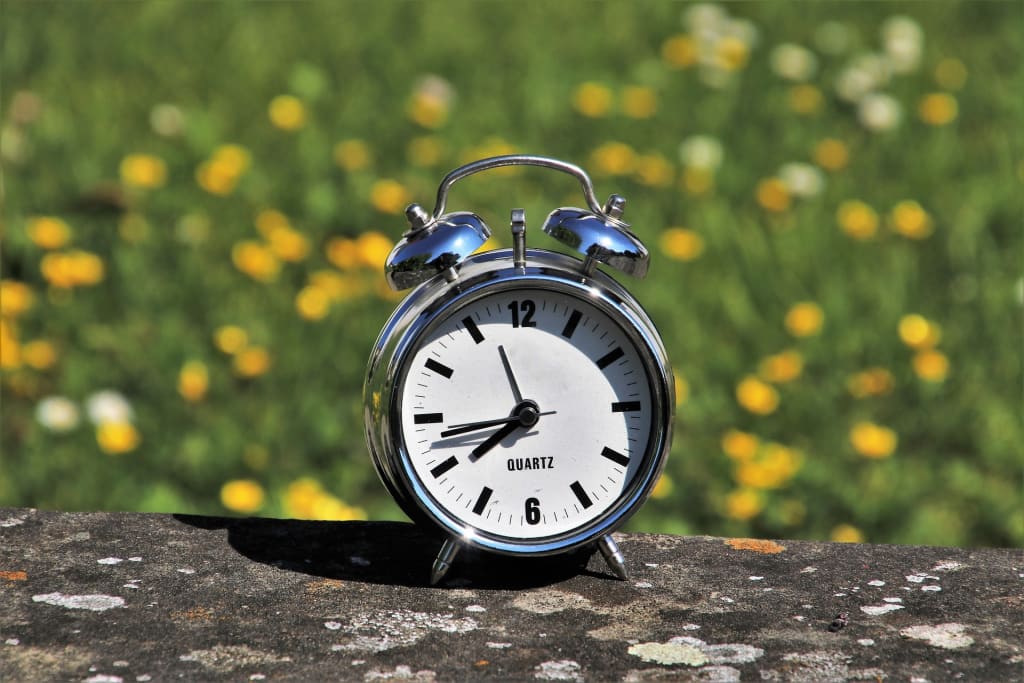Cycle of Procrastination
Why we keep procrastinating

The report you've been putting off is due tomorrow, and you've just realized. It's time to settle in and turn on your computer, and look at your phone, make dinner first, and then maybe catch up on your favorite YouTube channel. This is the cycle of procrastination, and I promise you, we have all been there. You usually enjoy cooking, though it's difficult to enjoy with this work hanging over your head, and oh—it's actually pretty late! Maybe you should just try again in the morning. To be clear, delaying something isn't always procrastinating, so why do we do it when we know it's bad for us?
Making the distinction between what needs to be done right away and what can wait is a necessary part of time management. In spite of anticipating negative outcomes, procrastination is when we put off completing a task we said we would do without good reason. Doing something you know will hurt you is obviously irrational. Ironically, however, procrastination is the result of our bodies trying to defend us by avoiding a task that we perceive as threatening. Your brain reacts when you realize that report needs to be written, just as it would in the event of a threat. Your amygdala, a group of neurons responsible for processing emotions and identifying threats, releases hormones like adrenaline to elicit a fear response. The impulses from your prefrontal cortex, which typically assist you in thinking long term and controlling your emotions, may be overwhelmed by this stress-induced panic.
And it's during this fight, flight, or freeze response that you choose to deal with the threat by avoiding it in favor of a less demanding activity. Given that the situation is merely a deadline and not a bear attack, this response might seem over the top. But we're more likely to put off doing things that make us feel dreadful, inadequate, or insecure. University students who procrastinate were more likely to delay tasks they viewed as stressful or difficult, according to studies on the subject.
Additionally, as you put off the task, you become more aware of how difficult it is. In a particular study, students received daily reminders to study. The majority claimed that it wasn't too bad while they were studying. However, they consistently rated the thought of studying as being extremely stressful when they were procrastinating, which made it challenging to get started. Some people are more prone to procrastination than others because it is driven by our negative emotions. Regardless of how adept they are at time management, people who have trouble controlling their emotions and those who suffer from low self-esteem are much more likely to procrastinate. It's a widespread misconception, though, that all people who procrastinate are lazy.
Laziness manifests as a lack of energy and a general apathy in the body and brain. When you're feeling lazy, sitting around doing nothing is more likely than diverting your attention with pointless activities. In actuality, many delay decisions because they are overly concerned. People who procrastinate frequently report having a high fear of failure, delaying tasks out of concern that they won't produce work that meets their high standards. Procrastination frequently has the same effects, regardless of the cause. Regular procrastinators are more likely to experience anxiety, depression, ongoing feelings of shame, elevated stress levels, and physical conditions linked to elevated stress. Worst of all, procrastination reinforces stress as a physiological response to deal with stressful tasks even though it hurts us over the long term. The cycle of procrastination can be broken, but how? Traditionally, it was believed that procrastinators needed to develop strict time management skills and develop a sense of discipline. However, the opposite is now widely held by scientists. By adding more negative emotions to a task, being too hard on yourself can intensify the threat. We must deal with and lessen these unpleasant emotions if we are to stop this stress response.
Simple techniques include breaking a task into manageable components or writing in a journal about the reasons it stresses you out and addressing those underlying issues. To avoid procrastinating on impulse, try eliminating nearby distractions. More than anything else, it is beneficial to practice self-compassion, forgiveness, and creating a plan for the future. Because a society that encourages this stress-and-delay cycle ultimately harms all of us.
About the Creator
Enjoyed the story? Support the Creator.
Subscribe for free to receive all their stories in your feed. You could also pledge your support or give them a one-off tip, letting them know you appreciate their work.






Comments
There are no comments for this story
Be the first to respond and start the conversation.